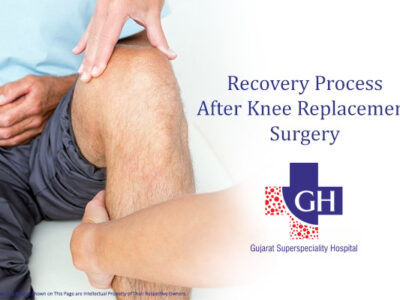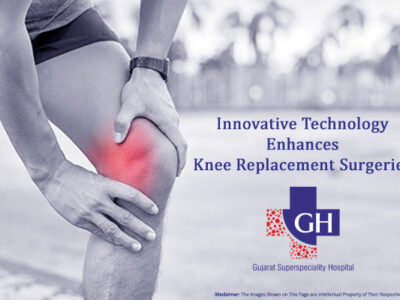OVERVIEW
Osteoporosis is a condition of bones that lead them into becoming weak and brittle. Even a little fall or even mild stress such as bending over or coughing can cause result in causing a fracture. The hip, wrist, and spine are the areas most commonly affected by fractures due to Osteoporosis. This disease takes place when an individual’s body loses too much or creates too little bone material or both. As a result, they become weak and may break more easily.
The word “osteoporosis” means “porous bone.” If you look at a bone under a microscope, it would resemble the shape of a honeycomb. When an individual has osteoporosis, the holes and spaces in the honeycomb are much larger than in a healthy bone, thus making the structure weaker.
CAN OSTEOPOROSIS AFFECT YOU?
According to a survey by the WHO, it is estimated that about 60% of adults of age 50 and older should be concerned about their bone health and are at risk of breaking a bone. Approximately one in two women and up to one in four men of age 50 or older will suffer from osteoporosis.
HOW TO DIAGNOSE OSTEOPOROSIS?
To help determine an individual’s bone health, it is recommended to take a bone mineral density test (BMD) to show how dense the bones are and whether there is any risk of osteoporosis.
Who Should Take A Bone Density Test?
Individuals who are at risk for osteoporosis should take a bone density test. A candidate is suitable for BMD if any of the following factors apply to them.
- You are a post-menopausal woman without an extra intake of estrogen.
- You have a height of over 5 feet 7 inches and weigh less than 57 kg.
- You or your parents have a history of smoking.
- You have a family history of osteoporosis or bone fracture
- You have Type 1 Diabetes, Kidney Disease, Liver Disease, Thyroid or Parathyroid Conditions.
- You have a medical condition or are taking medications known to be associated with bone loss.
- You have had an X-ray which indicates some signs of osteoporosis.
Bone density tests use low-dose X-rays to measure the level of certain minerals, specifically calcium, in specific sections of the bone. It is a painless procedure, which can be completed in less than half an hour. The most common osteoporosis test is the Dual X-ray Absorptiometry Scan or DEXA Scan. It measures your spine, hip or total body bone density to help gauge the risk of fracture.
Why Should You Take The Test?
A bone density test can help you understand a few things about your bone health.
- To predict your chance of breaking a bone in the future.
- Be informed if you have weak bones or osteoporosis before you break a bone
- Be informed if you have weak bones or osteoporosis after you break a bone
- Check if your bone density is improving, getting worse or remains the same
- Determine the efficacy of osteoporosis medication
How Can You Take The Test?
Most people need a prescription or referral from their doctor to have a bone density test.
People taking certain medications for osteoporosis should repeat their bone density test by a DEXA scan every one-two years.
After starting a new medication for osteoporosis your doctor will advise you to repeat the test after one year.
HOW TO PREVENT OR TREAT OSTEOPOROSIS?
Treatment recommendations for Osteoporosis are often based on an estimate of your risk of breaking a bone in the next 10 years. If your risk is low, treatment may not involve medication and may instead focus on changing factors that could lead to bone loss and falls. Some factors that can be taken care of are:
- Diet supplements – rich in calcium, Vitamin D and protein
- Medication – anti-osteoporosis medicines, calcium and Vitamin D supplements
- Exercise
- Avoid smoking/alcohol
CARE AT GSH
We at Gujarat Superspeciality Hospital are dedicated to providing our patients with the best of services and quality care. If you or someone you know is suffering from any of the above-mentioned symptoms, consult with our specialists today at Gujarat Superspeciality Hospital. For consultations and appointments contact +91 96870 79991/ +91 88494 48102 and know more.


